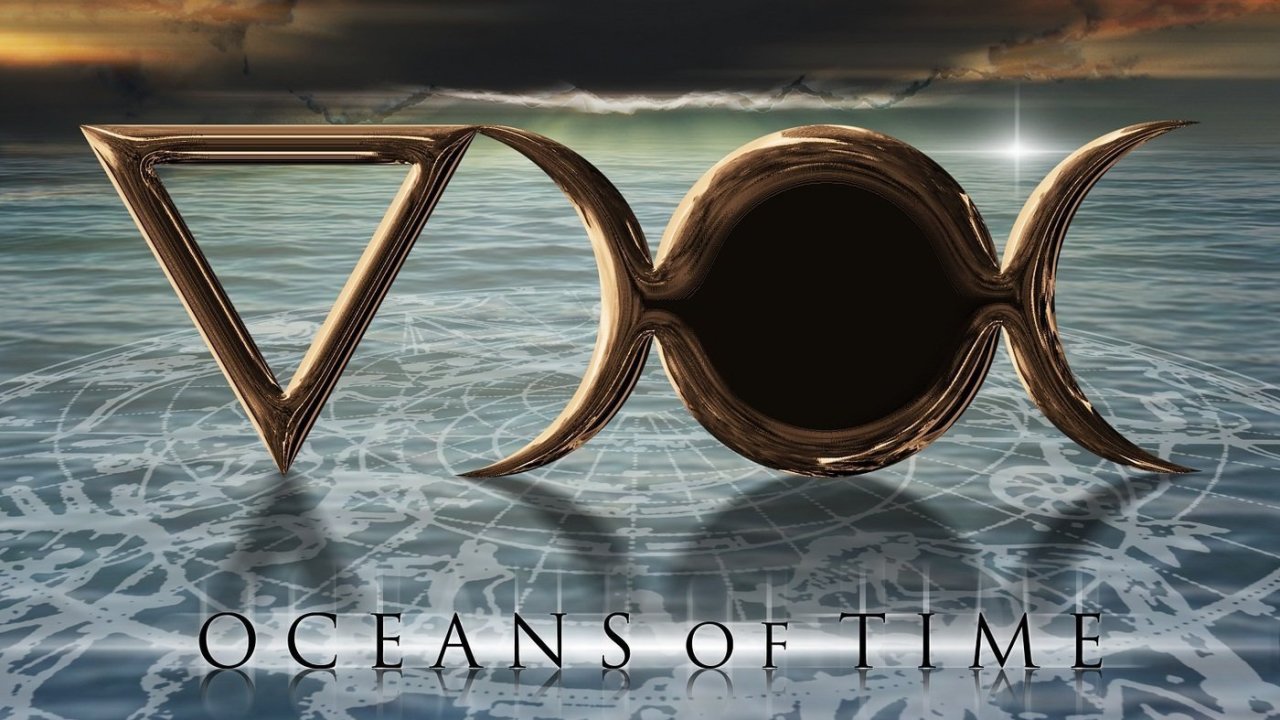Since Touchstone formed in the early 2000s, they have specialised in lengthy, suite-like songs shaped both by Rob Cottingham’s architectural keyboard structures and Adam Hodgson’s crunchy guitar riffing. Kim Seviour’s vocals add another factor to this three-way balance.
All the songs on their fourth album have enough melodic strength to withstand the battering meted out by Hodgson and current drummer Harry Rodgers. Whereas the kit of their previous incumbent Alasdair Melville’s kit sat in the mix with Andre Moorghen’s bass on albums like Wintercoast (2009), Rodgers’ drumming is full-on, in-yer-face metal with a cleanly compressed sound and what can feel like an incessant barrage of double bassdrum triplets and other fancy stuff, whether or not it’s appropriate. He’s technically impressive, but can make your head feel like a boxer’s punch ball.
On the new single, Flux, Seviour sings a yearning vocal melody and the way the song drops down to little more than a watercolour keyboard wash, then slowly climbs back up through degrees of increasing intensity into a dead-stop ending, is highly dramatic. Impressive though it is, one can’t help wondering whether something that sounds like a Genesis-Metallica-Heart hybrid is necessarily a good idea. The problem, to these ears, is that at times the prog and metal elements are not so much fused as rather awkwardly juxtaposed. Whereas on some of the songs the playing is individual and exploratory, in metal mode the guitar and drums can sound disappointingly generic and squeeze the space out of the music.
Tabula Rasa sees them play with more nuance, which suits the song, and on Shadow’s End Cottingham, who seems pushed to the background in a lot of this, comes to the fore with pretty piano arpeggios and then, in tandem with the rhythm guitar, plays something that sounds like one of Tony Banks’ cavalry charges in early Genesis.
When Touchstone go epic, you certainly know about it. On Solace, Seviour sings, ‘Look after me, I’m your little girl’, which is sweepingly romantic in a kind of Brönte-ish way, while all around her synth solos and powerchords whip the song toward its peaks, with drum fills falling like avalanches down their sides.
Closing, title track is a companion piece to the song Wintercoast. An episodic piece of contrasts, it builds through flanged acoustic picking, aqueous soundscapes and neo-Sabbath riffing, culminating in a thrillingly over-the-top finale with a ferocious guitar solo, with all the stops pulled out and everything turned right up.

